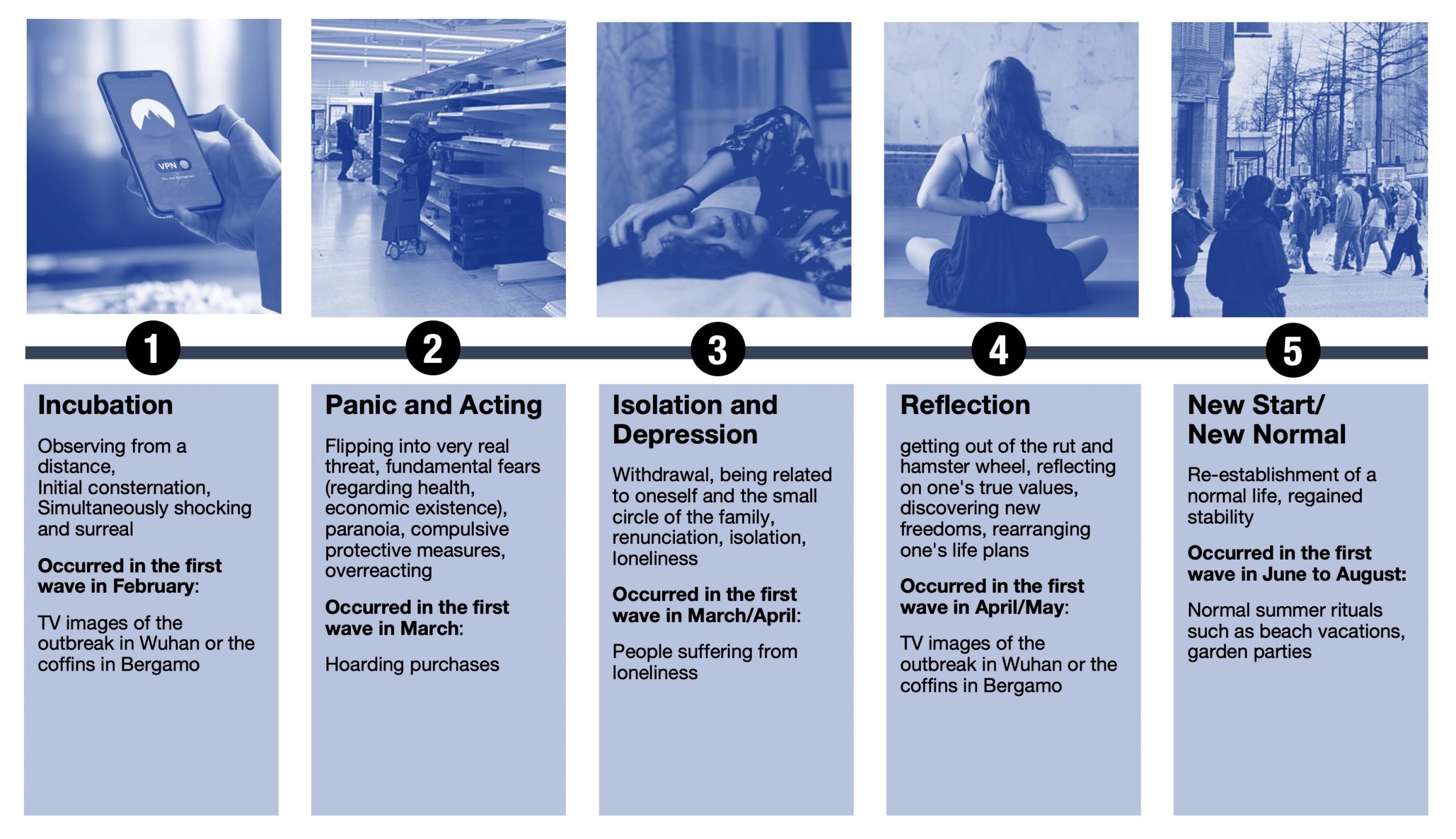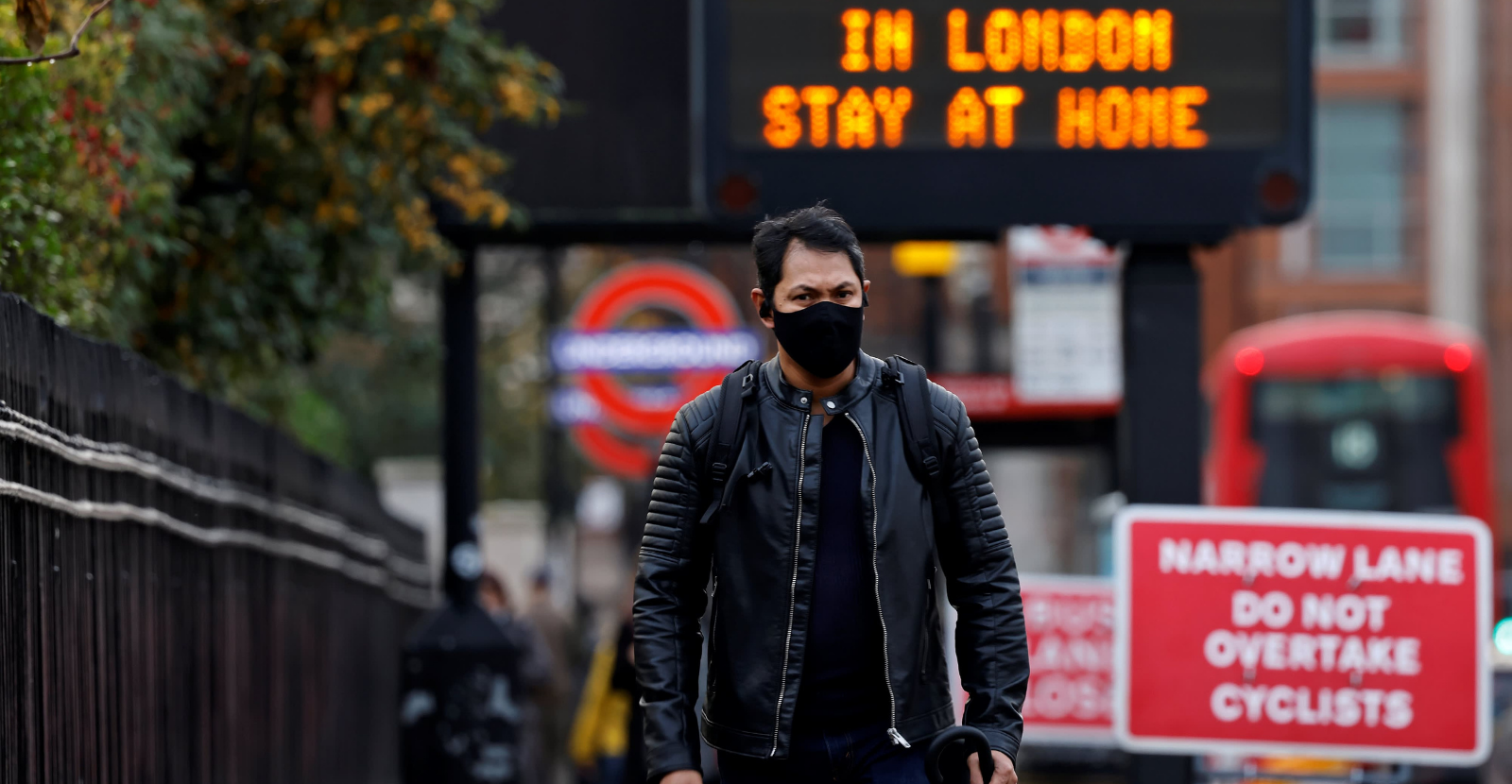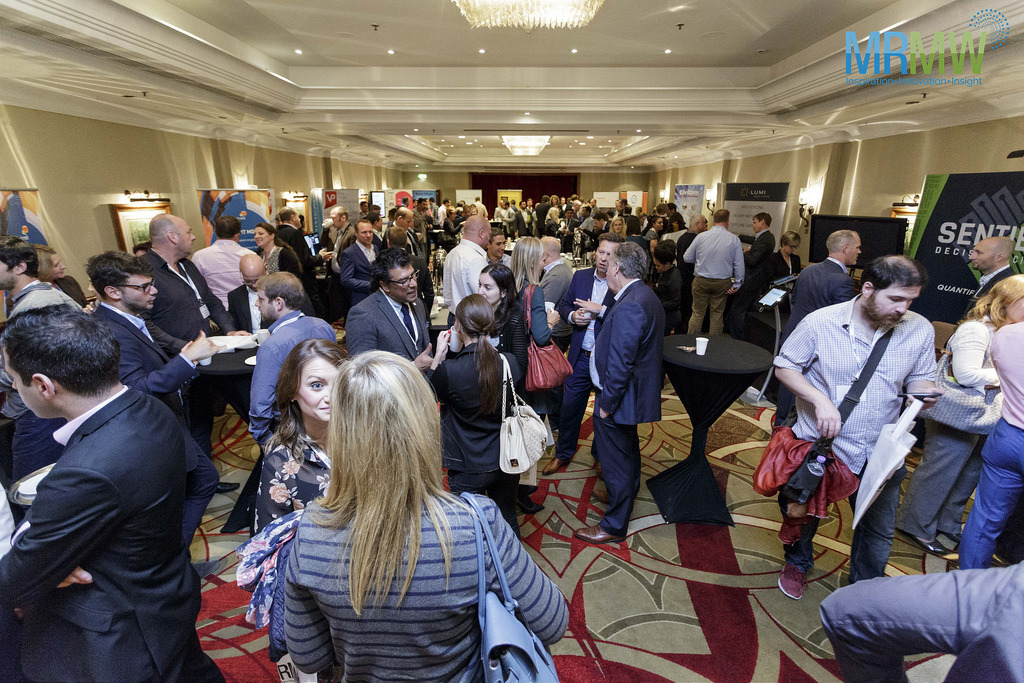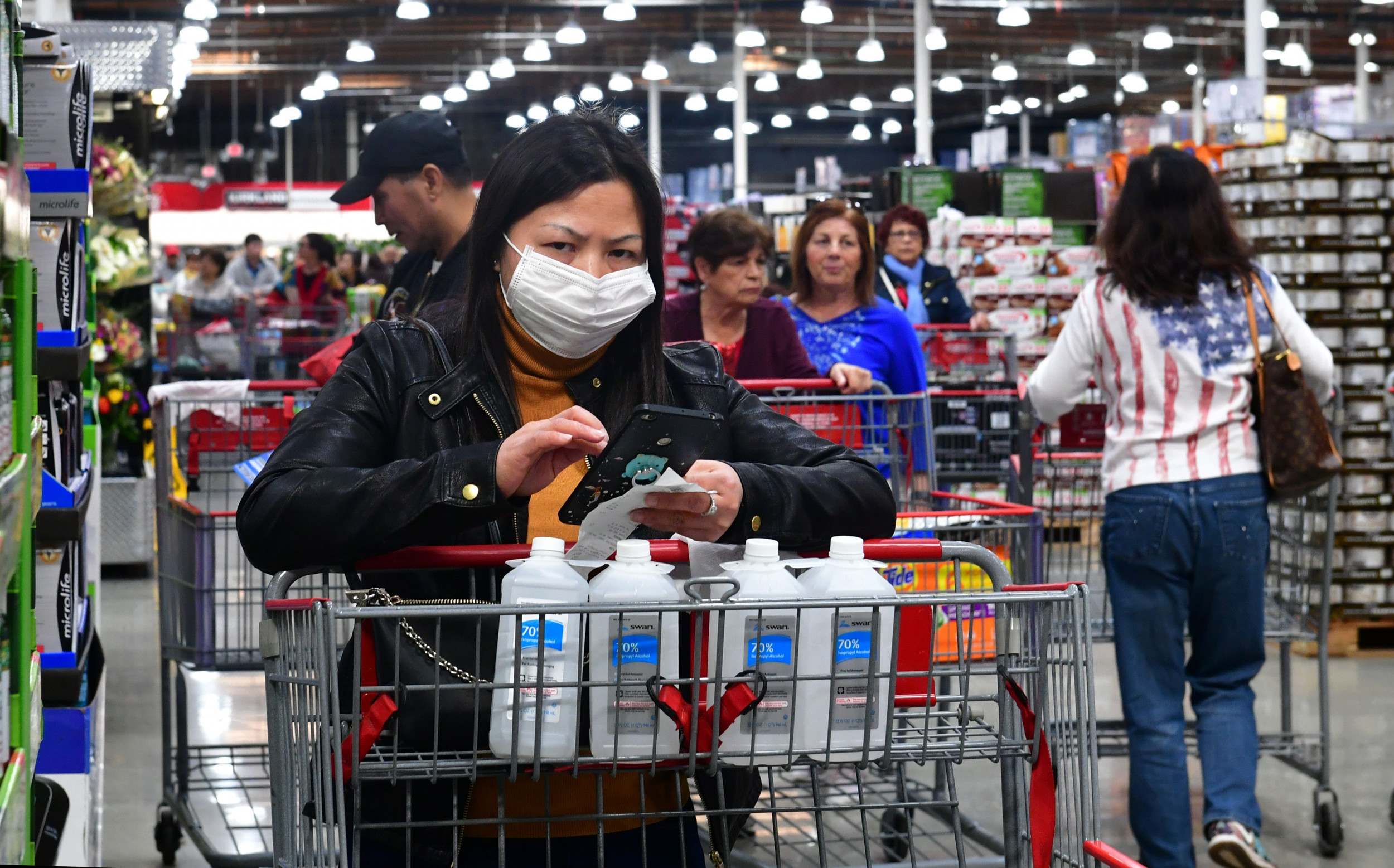Never before have I experienced such strong fatigue among people at the beginning of the year as now in January 2021. No matter whether among family and friends, among colleagues in Germany, the UK, Italy, Spain, or among study participants throughout Europe – signs of exhaustion, complaints, displeasure, and disappointment can be felt everywhere. The dragging out of the second wave of the Corona pandemic is taking its toll with continued uncertainty and continued lock-downs. Infection numbers are still very high and the effects of vaccination are far from being felt. In this mix, frustration builds and hope fades.
So what is the psychological background of this mood at the beginning of the year? In our book “Global Viral Change” we were able to relate the psychological effects of the Corona pandemic to the standard model of trauma processing. The ups and downs of moods and feelings follow a psychological pattern that is basically always effective when an adaptation to external threats, stresses, and crises that are difficult to cope with has to be carried out.

In our ongoing in-depth interview-based research in China, Europe, and the US, we have been able to understand that China has already gone through the whole cycle of trauma processing in the summer of 2020. There, the situation has stabilized since last June and a New Normal has been established.
The special situation of Europe
In Europe, on the other hand, the cycle of trauma phases has been run through twice. The cycle of the first phase ended in a kind of Corona summer peace, when the pandemic seemed to have been overcome in the summer and a great many people sought to establish a sense of normality and exuberant recreation during their summer vacation. As a result, with the reckless and careless behavior, the pandemic came back in a second wave starting in mid-September. Since October/November, Europe has not emerged from the lock-downs, and thus not from the lavish depression. Unlike the first wave of the pandemic, the isolation in the second wave also gives little cause for reflection. Yoga exercises, fortifying ginger tea, and glorification of less-is-more – people have had enough of that by now. They want to get back to normal life. That is why art, culture, and sports would also be so important as a revitalization.
The New Year disappointment
In the psychological calendar, the turn of the year usually always marks a conclusion and a new beginning. This was also the case at the recent turn of the year: everyone wanted to leave 2020 behind. “Things can only get better,” was the tenor among people. In fact, the vaccination campaign had just started in the last days of 2020, which caused many to have great hope. But hope quickly turned to disappointment. In EU Europe (unlike in the UK), the vaccination campaign got off to a slow start, and the outlook darkened once again.
Meanwhile, the coping mechanisms in forms of depression, lavish panic, and incubation take place simultaneously:
- After a year of a pandemic and a lack of stabilization, as well as a recently extended lockdown, i.e. a perpetuation of the state of emergency, the feeling of futility creeps in. Isolation leads to depression: one is locked in one’s home. One is comprehensively exhausted and feels drained. All efforts seem futile, nothing moves, and the soul becomes as grey as the endless grey sky in the dreary winter weather.
- At the same time, panic is growing: Another week of business closures, another slowdown in consumption – so the fear – can no longer be absorbed with state funds. Companies are on the brink of bankruptcy and a coming wave of bankruptcies would finally plunge the economy into the abyss. The government and the public administration seem to be overwhelmed.
- With the English, South African, and Brazilian virus mutants, incubation with the third wave is imminent. Now the mechanism of perceiving the new threat from a distance, but at the same time not really being able to accept it as real and serious, is repeated. The “battle of the mutants” that is now being talked about – is this real or is this just a figment of the imagination like from a bad horror movie?
YOU MIGHT ALSO LIKE: The Continuous Wave of Technological Innovations in China
The result of this simultaneity of emotional states is that fatigue intensifies. When you are isolated and torn out of your normal everyday relationships, and at the same time new panic arises and new unconquerable dangers loom on the horizon, it is simply too much. One becomes numb. Or – what is still to be seen – a new protest movement arises that rebels undirectedly against everything.
Outlook for the spring awakening
Even though the pandemic is still dominating our world at the moment, the start of the vaccination program is a sign that the crisis will be overcome. Whether the mood brightens in March or not until May, marketing should already be anticipating the new dawn after the crisis.
Some industries are currently still deep in depression. Take the travel and tourism industry, for example: bookings are currently down by up to 90%, and airports are deserted. Nevertheless, a dramatic turnaround is already foreseeable in 2–3 months: As soon as the mood turns and game-changing vaccination effects are foreseeable for the summer, a run on travel offers will begin. What was denied for a long time will be all the more desirable: people will be eager to get back on the plane and make up for what you had to do without for a year. After the domestic confinement, people will want to savor the wanderlust. But that doesn’t mean people will want mass tourism in the same way they did in the years before Corona. After Corona, a new awareness of conscious travel will emerge. What this means is that people will prefer experiential travel to a greater extent instead of package tours. This also means forms of travel that promise a broadening of the horizon instead of just escapism and diversion.
In our book “Global Viral Change” we have described the coming change for different consumer goods and service industries after Corona. Markets such as fashion or automotive are changing their function from expressing yourself to growing yourself. Instead of following status norms and style dictates, people want to find their own style in brands and be given impulses to gain and grow in purpose and personality. Successful brands in this context are Nike and Tesla.
Some brands previously perceived as rather ‘boring’, which stand for familiar normality, can benefit significantly after Corona. Family brands like Nutella or Coca Cola can now score again by simply promising pleasant normality and stability.
The examples show: It is important for brands to grasp the full significance of the change in values in their own industry as soon as possible, i.e. right now at the latest, in order to offer consumers a relevant set of values for the time after Corona.
So, as we can see, the task of market research and marketing is to look beyond the here and now of the current crisis management and switch to a mode of creating new propositions. Precisely because now the necessary reorientation for the new orientation after the crisis is due, strategic market research with an overview and foresight is in high demand. So it’s our time, dear colleagues!












 by
by 



One thought on “Europe’s New Year’s Fatigue and Europe’s Spring Awakening: The psychological infection with the second Corona wave and how marketing can recover from it”